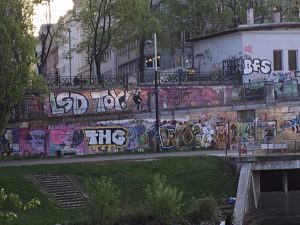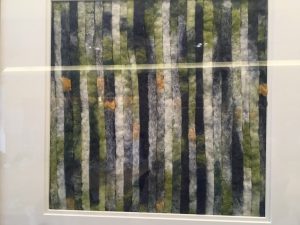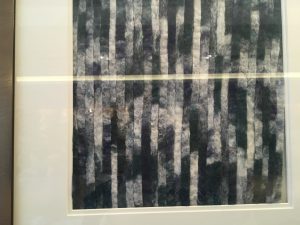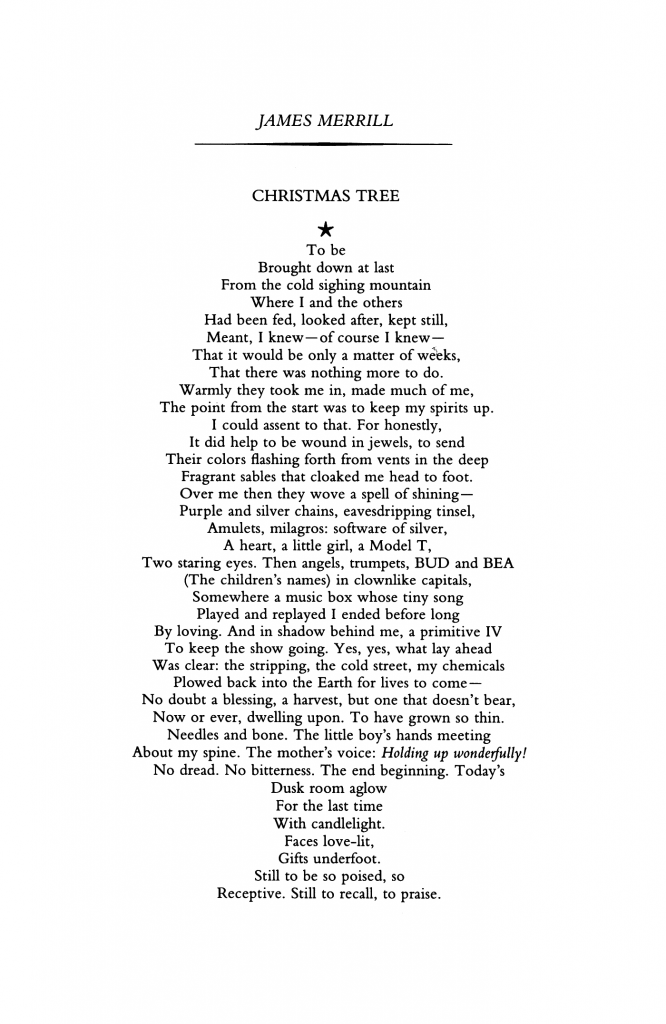
Idioms of explanation
Life is a series of events that bombard us like waves in the surf. How do we explain these events? Different religions provide fundamentally different explanations.
- Atheism says there is no explanation – the events happen randomly, and only by chance do they happen to us in particular. We are not responsible for what happens to us, no one is.
- Traditional pagan and animist world-views, and religions such as Shintoism, Confucianism and African spirit worship, assert the existence of unseen spiritual forces or entities, who may bestow good or bad fortune on us through the events they send our way. All deleterious events or mishaps are thus the work of malevolent entities, who may be acting with or for malicious humans, intent on harming us. The spiritual entities require continual praise and gifts or sacrifices, as if they were feudal lords, to moderate or mitigate their actions. We are not responsible for what happens to us, spirits are.
- Judaism and Christianity imagine an omniscient and omnipotent God who, for reasons beyond our understanding, sends events our way. In some Protestant versions of Christianity, the events and perhaps even our responses have been predetermined by God before we are born. In Catholicism, which mixes, as Santayana argued, Christianity with paganism, God’s decisions may be tempered by appeals from other spiritual beings, such as angels and the souls of the dead, petitioning for us. We are not responsible for what happens to us, God is.
- Buddhism posits that the events which happen to us are the consequences of our own past decisions. In some versions, we are reincarnated and what happens to us in any one life is the consequence of what we did in previous lives. We are not responsible for what happens to us, our past selves are.
- In other versions of Buddhism, such as Nichiren Buddhism, what happens to us is the consequence of thoughts, words or actions in this life. This view is held also by certain New Age thinkers, such as those of the New Thought Movement and followers of the Law of Attraction. The time between a causal thought or action and manifestation of its consequential effects in our lives may be very short, of the order of weeks, if the causal action is held or undertaken with sufficient emotional intensity. Nichiren Shoshu adherents believe that negative karma from previous lives may be eliminated by actions, such as chanting, in this life. We ourselves are responsible for what happens to us, both good and bad.
Viennese squares

Artist Mark Francis
“Layered Composition” by Mark Francis, exhibited at London Mathematical Society, De Morgan House, Russell Square, London, December 2016.


Artist Helen Sawyer
Sublime minimalist textile art by Helen Sawyer at RBS, 280 Bishopsgate, London (photos show part of the installation. The horizontal yellow lines are image artefacts caused by the room lighting, not part of the art.). Kudos to RBS for commissioning this work.



London life
View of Tower Bridge and the City Hall precinct from an office tower in the City of London.

The year of ICOs
2017 yas been the year of Initial Coin Offers, or ICOs. Some US 4 billion has been raised by ICOs this year. Nor, for the first time, an ICO has been advertised on the London Underground.

Poem: Christmas Tree
Christmas Tree by James Merrill, from here.

Transitions 2017
People who have passed on during 2017, whose life or works have influenced me:
- Kenneth Arrow (1921-2017), American economist
- John Berger (1926-2017), British writer and art critic
- Chuck Berry (1926-2017), American musician
- John Clarke (1948-2017), New Zealand & Australian comedian
- John Charles Rowell Fieldsend CJ (1921-2017), Zimbabwean Chief Justice
- Jerry Fodor (1935-2017), American philosopher
- Joel Goodman Joffe (1932-2017), South African lawyer and defender of Nelson Mandela at Rivonia trial
- Ahmed Kathrada (1929-2017), South African democracy activist and political prisoner
- Liu Xiaobo (1955-2017), Chinese writer and democracy activist
- Peter Luck (1944-2017), Australian TV journalist
- Maryam Mirzakhani (1977-2017), Iranian & American mathematician
- Rory O’Donoghue (“Thin Arthur”, “Flash Nick from Jindavick”) (1949-2017), Australian comedian
- Josh Parsons (1973-2017), New Zealand philosopher
- Raymond Smullyan (1919-2017), American logician and taoist
- Timothy Stamps (1936-2017), Zimbabwean doctor and Minister for Health (1986-2002)
- Herman Toivo ya Toivo (1924-2017), Namibian freedom fighter and politician
- Tony Vinson (1935-2017), Australian sociologist
- Vladimir Voevodsky (1966-2017), Russian & American mathematician
- Heathcote Williams (1941-2017), British poet, writer, playwright, actor
- Daniel Yankelovich (1924-2017), American pollster and market researcher.
Past editions of Transitions can be found here.
Musical influence
Listening to the string quarters of Luigi Cherubini (1760-1842), his Basque composition student Juan Crisóstomo Arriaga (1806-1826), and those of Felix Mendelssohn (1809-1847), we can hear the influence of musical ideas. I thought it interesting to list their quartets in the order they were composed.
In the list below, each quartet is prefaced by the composer’s initials. Arriaga’s three quartets were published in 1824, but may have been written well before. It is interesting that Cherubini had only written one string quartet before meeting Arriaga, while after Arriaga’s three were written, Cherubini then wrote another five.
1760: Birth of Cherubini
1806: Birth of Arriaga
1809: Birth of Mendelssohn
1814: LC Quartet No. 1 in Eb major
1822 October: Arriaga moved to Paris from Bilbao
1824: JA Quartet No.1 in D minor
1824: JA Quartet No. 2 in A major
1824: JA Quartet No.3 in Eb major
1825 Spring: Mendelssohn’s father took his son to Paris to visit with Cherubini, and while there Mendelssohn may also have met with Arriaga.
1825: FM Octet in Eb major, Op. 20
1826: Death of Arriaga
1827: FM Quartet No. 2 in A minor, Op. 13
1829: LC Quartet No. 2 in C major
1829: FM Quartet No. 1 in E-flat major, Op. 12
1831-1832: During an extended stay in Paris of some months on his own, FM met with LC several times.
1834: LC Quartet No. 3 in D minor
1835: LC Quartet No. 4 in E
1835: LC Quartet No. 5 in F
1837: LC Quartet No. 6 in A minor
1837/9: FM Quartet No. 4 in E minor, Op. 44, No. 2
1838: FM Quartet No. 5 in E-flat major, Op. 44, No. 3,
1838: FM Quartet No. 3 in D major, Op. 44, No. 1
1842: Death of Cherubini
1847: FM Quartet No. 6 in F minor, Op. 80
1847: Death of Mendelssohn.